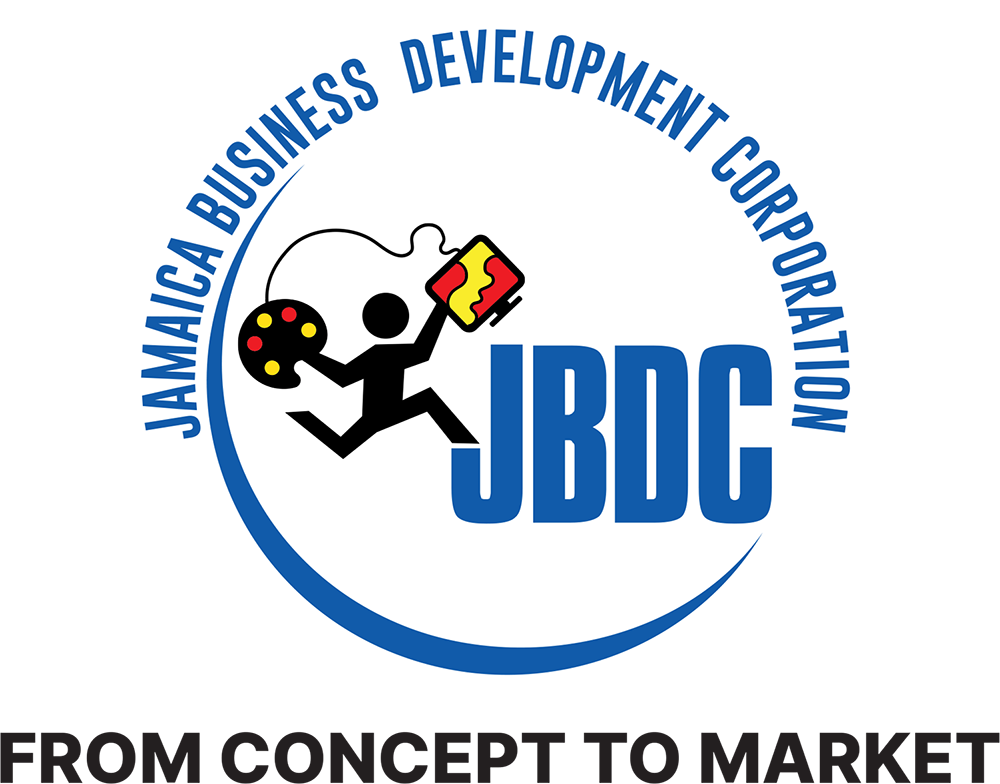As local business interests grapple with the United States’ imposition of a baseline 10 per cent tariff on imports from Jamaica, Dr Hugh Blake, CEO of Trade Board Limited, urged micro, small, and medium-sized enterprises (MSMEs) to tap into new markets as a response to the tariffs.
He was speaking on export, tariffs and the Jamaican MSME at the Jamaica Business Development Corporation’s (JBDC) Virtual Biz Zone webinar held on Tuesday (May 20).
With the United States accounting for over 65 per cent of Jamaica’s exports, Jamaican exporters are confronting significant disruption.
“When Jamaican businesses send products to the United States, the importer now has to pay 10 per cent more just to enter that market.” This extra cost, Blake explained, “starts a chain reaction because nobody sits down and accepts a sort of situation where they feel that they are disadvantaged.”
He sought to further contextualise, noting, “It’s not only 10 per cent tariff, because it’s a 10 per cent increase. If you had a three per cent or a four per cent or a five per cent before, you have to add that 10 per cent to it”. The tariffs added to existing rates create a compounded effect that raises costs for key exports such as manufactured goods.
Bauxite and alumina, agricultural products and manufactured goods are key exports to the United States that will be affected.
“These will face increased costs, which would impact our competitiveness if there are cheaper sources for these products going into the United States…USA is Jamaica’s primary export destination. In 2024, we exported US$361.4 million, which is no small amount,” Blake added.
Jamaica’s manufacturing sector accounts for 8.5 percent of the nation’s gross domestic product (GDP) with export earnings of US$961.3 M in 2022, according to Do Business Jamaica.
With a number of MSMEs operating in the manufacturing sector, Blake advises MSMEs to reconsider their export strategies, emphasising the need to “explore new markets” beyond the US and invest in branding and quality.
This shift challenges the duty-free advantage Jamaican exports received under the Caribbean Basin Initiative (CBI), introducing new hurdles for MSMEs operating in one of Jamaica’s most critical markets.
“As it stands, there is no definitive word as to whether the CBI will be something of the past. Or whether it will still be relevant, applicable.”
This means Jamaican products, previously entering the US duty-free, now face an additional cost that may challenge their competitiveness.
The tariff increase also impacts Jamaican manufacturers who rely on imported raw materials.
Blake highlighted, “This could make essential materials like packaging, machinery, and just the raw ingredients more expensive,” pushing up production costs and forcing businesses to either absorb expenses or raise prices.
“I think a lot of us are limited when we think about exporting overseas to the United States, Canada, UK, and maybe one or two other areas and so on. But there’s a whole wide world out there. And Jamaica has this fantastic brand that really creates a nice pathway, a bridge that you can exploit. So, we need to look beyond the US to other places,” he said.
MSMEs are urged to stay informed and leverage tools like Trade Board’s Export Jamaica to avoid unreliable partners and identify the best markets, as he advised, “Export Jamaica actually indicates to you what are the best countries to export to… It tells you the businesses to avoid the blacklisted companies.”
While hosting the webinar, JBDC acting CEO Harold Davis pointed out that “Branding and quality and product differentiation are critical things that we all have to be looking at as entrepreneurs to make sure that our product sells on the merit of its quality rather than its price point because price points are fickle and different things will influence the price point in the marketplace.”
Since the imposition of the tariffs, the JBDC has been working closely with its clients to ascertain their views on the situation and develop interventions to help them.
Clients indicate that tariffs will increase production cost, impact access to raw materials & packaging, and affect overall profitability.
In response, the JBDC has outlined several recommended strategies, including strengthening MSME financing and investment strategies; reinforcing MSME representation in trade negotiations; encouraging sustainable practices; promoting innovation and capacity building; and continuing the process of regulatory alignment and simplification.
Coupled with these strategies, the JBDC is pushing its agro-processing, essential oils, fashion and craft incubators as a buffer to global volatility by anchoring MSMEs in robust, collaborative production environments.
The JBDC’s Incubator & Resource Centre (IRC) offers innovation support for product development, prototyping, and digital enablement.
Source: Our Today – https://our.today/jbdc-trade-board-ltd-urge-msmes-to-explore-new-markets-as-counter-strategy-to-trump-tariffs/







